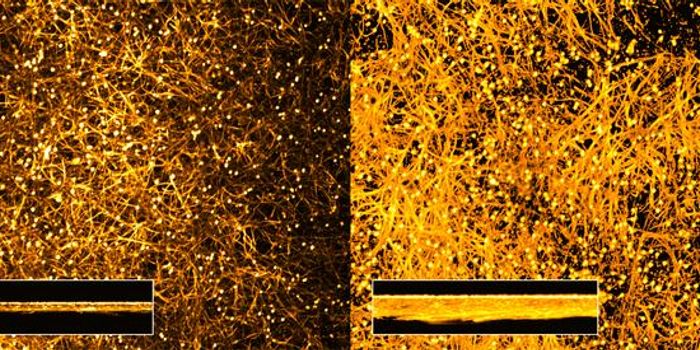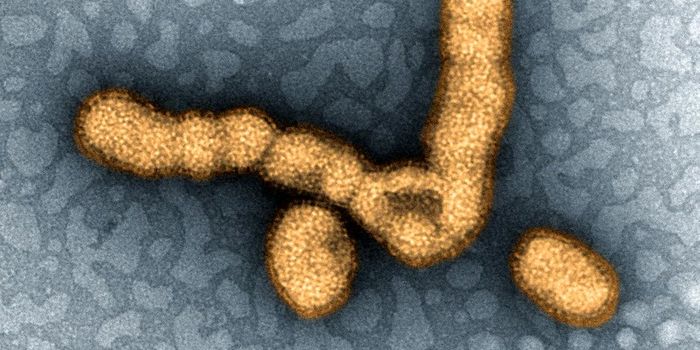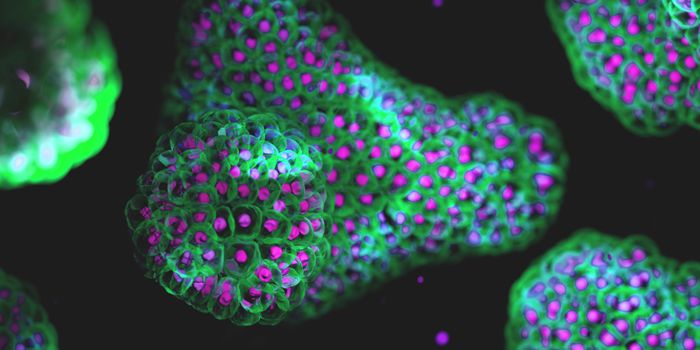Even After Treatment, Ebola May Persist in the Brain
Ebola virus has caused several major outbreaks in recent decades. As a deadly hemorrhagic fever, its high death rate and disturbing symptoms have made it a feared disease. Scientists have now found that when people are infected with Ebola virus, the pathogen may persist in different parts of the body, including the brain. It may reemerge to cause a disease that can be fatal even when patients have been treated with monoclonal antibodies. Those reemerging infections can also ignite new outbreaks. The findings have been reported in Science Translational Medicine.
While this study used a nonhuman primate model to study Ebola virus infections, there have been reports of persistent infections in individuals who have been infected and survived previous outbreaks, noted senior study author, Xiankun (Kevin) Zeng, Ph.D.
There was an outbreak of Ebola virus in 2021 in Guinea, which was traced to the reemergence of infection in a person that had last been infected over five years ago. Zeng and his team set out to learn more about recurring disease in those who have survived an Ebola infection. The nonhuman primate model is thought to be the closest recapitulation of Ebola virus disease in humans.
This study is "the first" that shows that Ebola virus can persist in the brain to cause "subsequent fatal recrudescent Ebola virus-related disease" in nonhuman primates, Zeng noted.
About 20 percent of the monkeys that withstood a lethal exposure to Ebola virus still carried a persistent Ebola infection even after they'd been treated with monoclonal antibodies. The infection was notable "in the brain ventricular system, in which cerebrospinal fluid is produced, circulated, and contained," said Zeng. This still occured even though Ebola virus had been eliminated "from all other organs.”
Two of the monkeys that had recovered from their initial infection and been treated with monoclonal antibodies still experienced a severe resurgence of infection and ended up dying of the disease. There was no sign of pathology anywhere except for the brain ventricular system, where there was excessive inflammation and Ebola virus infection.
There have been reports of relapse in some patients, including some that have caused the disease to be transmitted to other people, such as during a 2018 to 2020 outbreak in the Democratic Republic of the Congo. The virus has been shown to persist in the body in organs where there is not much immune activity, such as the seminiferous tubules of testes, the vitreous chamber of eyes, and the ventricular system of brain.
Right now, there are two Ebola vaccines to prevent infection and two monoclonal antibody therapeutics that can be used to treat Ebola infection. This study has shown that it will still be important to remain vigilant and proactive to prevent infection.
Sources: US Army Medical Research Institute of Infectious Diseases, Science Translational Medicine









